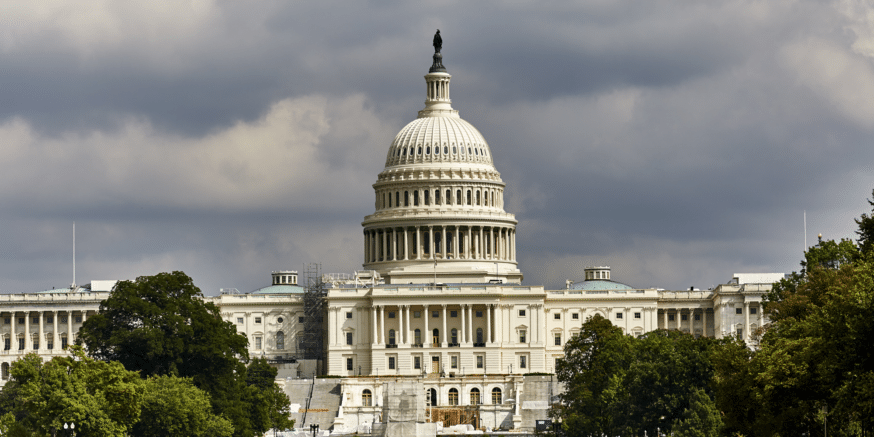TLDR
- Senate Democrats have introduced the CLARITY Act framework to establish clear regulations for digital asset operations in the U.S.
- The Commodity Futures Trading Commission will gain authority to oversee digital commodities such as Bitcoin under the CLARITY Act.
- The SEC will provide guidance on applying securities laws to digital assets and allow developers to seek formal rulings.
- Digital asset issuers will face stricter disclosure requirements covering governance, insider holdings, and technology.
- Platforms selling digital assets will undergo tighter regulation with increased oversight from the SEC.
Senate Democrats unveiled the CLARITY Act framework, aiming to establish clear guidelines for regulating digital asset operations in the U.S. The framework outlines seven key principles to address oversight gaps, ensuring investor protection and regulatory clarity for businesses. The proposal comes at a crucial time as the digital asset market nears a $4 trillion valuation.
CLARITY Act Requires Digital Platforms to Disclose Token Risks
The CLARITY Act grants the Commodity Futures Trading Commission (CFTC) authority to regulate digital commodities. This includes assets like Bitcoin, which are considered non-security assets. By giving the CFTC oversight, the Act seeks to address long-standing gaps in the spot market’s regulation. The move aims to provide clarity for businesses and investors in the growing market.
The framework also requires digital commodity platforms to disclose key information about their tokens. These disclosures will cover token governance, technology, and trading risks. Lawmakers believe this will help protect investors by ensuring transparency and reducing potential risks.
Digital Asset Issuers Must Report Key Governance Details
Under the CLARITY Act, the Securities and Exchange Commission (SEC) will play a key role. It will guide the application of securities laws to digital assets. Developers and issuers can seek formal rulings from the SEC to determine whether their tokens qualify as securities.
The proposal introduces stricter disclosure requirements for digital asset issuers. They will need to report details about project governance, technology, and insider holdings. This aims to deter fraud and increase investor confidence in the market.
Tightened Oversight and Accountability Provisions
Under the CLARITY Act, platforms selling digital assets will face tighter regulations. The SEC will align exchanges, brokers, and custodians with established custody, pricing, and execution rules. This will ensure greater oversight of digital asset operations, reducing potential risks for investors.
The framework also targets illicit financial activity, requiring platforms serving U.S. citizens to register with the Financial Crimes Enforcement Network. Even offshore platforms dealing with U.S. citizens must adhere to similar anti-money laundering regulations. Lawmakers stressed that such measures are vital to combat financial crimes in the digital asset space.
The CLARITY Act also introduces accountability measures for public officials. Elected leaders and their families will be prohibited from profiting from or issuing digital assets. They must also report any digital asset holdings to avoid conflicts of interest.
Senator Cynthia Lummis expressed support for the CLARITY Act, calling it a step toward bipartisan collaboration. She emphasized that passing the crypto market structure bill is essential for securing America’s financial future.







